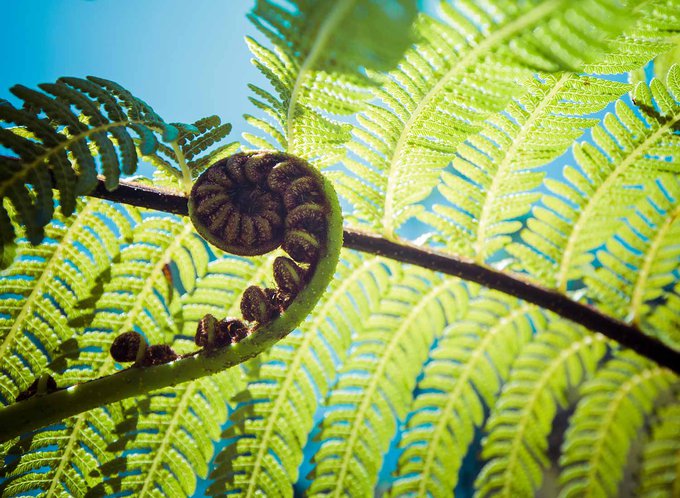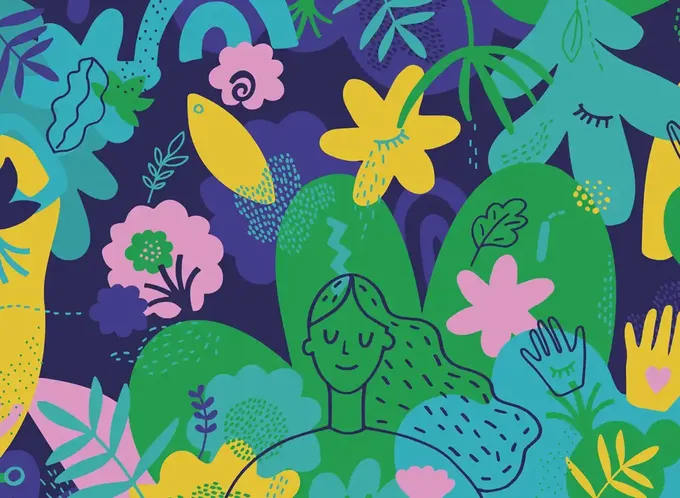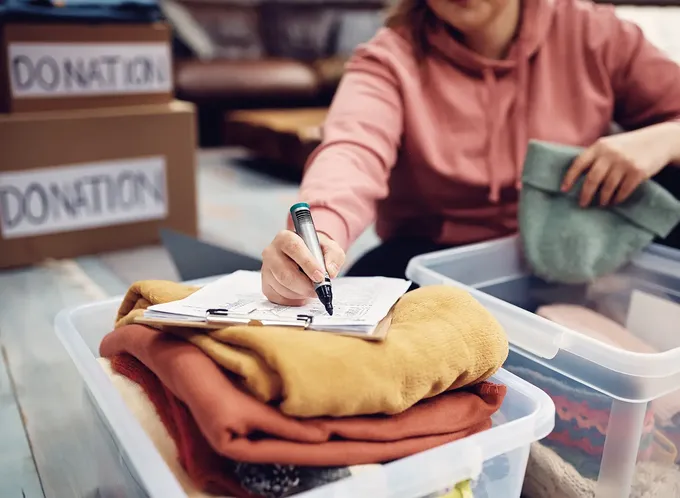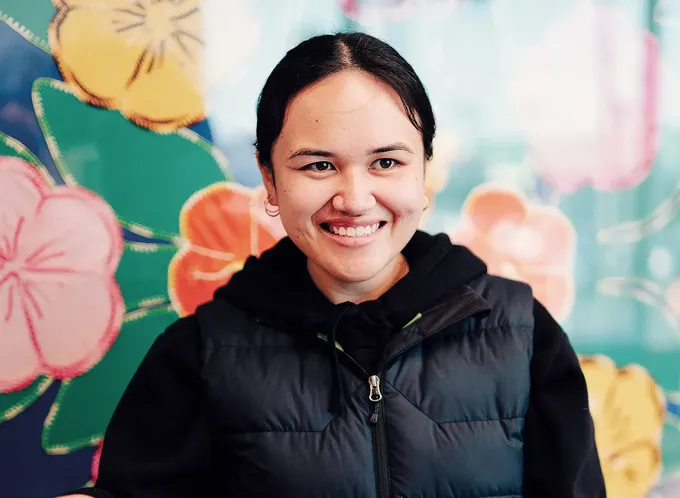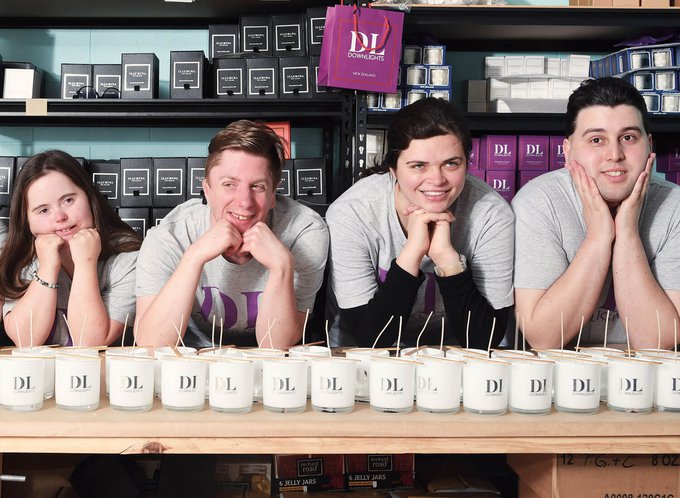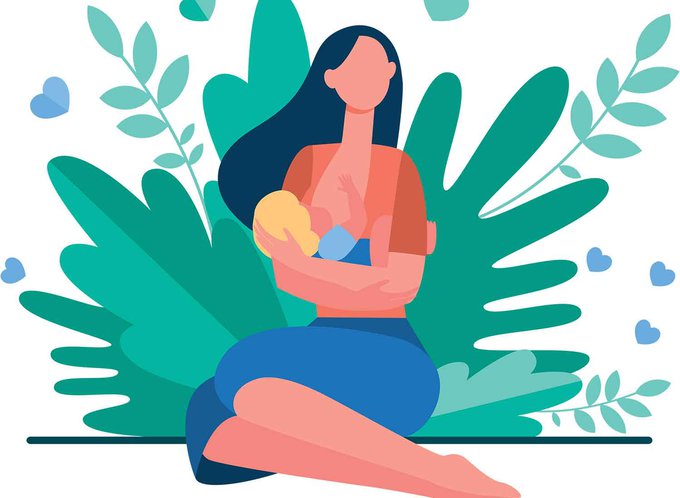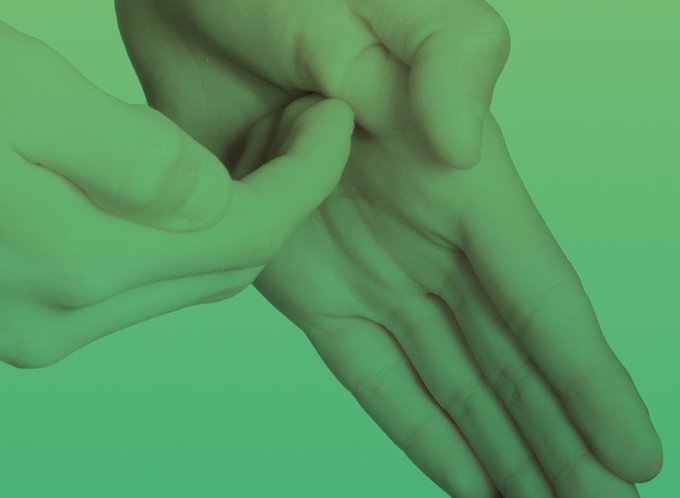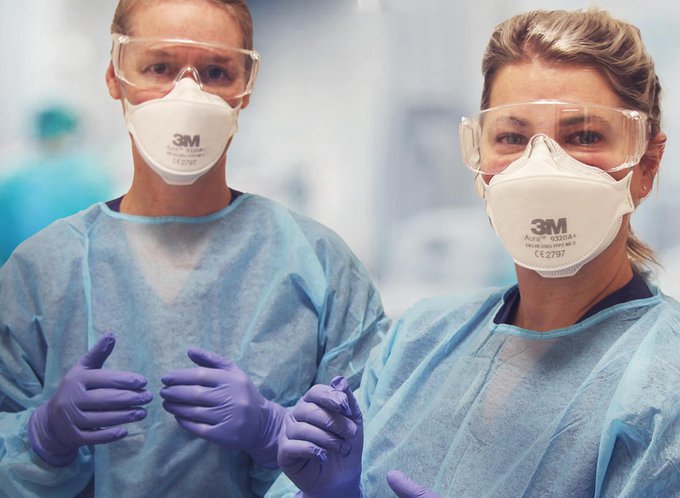Blending ancestral knowledge with scientific data, Brainwave Trust has helped many whānau Māori to thrive. With the support of the MAS Foundation, the charity is now expanding their unique mahi to Pacific communities.
Ask Huia Hanlen what she’s learned over her years supporting whānau and their babies and her answer is simple.
“There isn’t a parent alive, generally speaking, who does not want the very best for their tamariki. It just depends on what they have in their kete to draw from.”
As CEO of Brainwave Trust, Huia and her team of dedicated kaiako, mentors and leaders often see first-hand how entrenched inequalities and lack of resources can impact families.
But they also see solutions in action, the sparkle in the eyes when something resonates with parents in a wānanga and how reconnecting with the knowledge of ancestors can be life-changing.
And when it comes to heartwarming work stories, they’ve got them in spades.
“There was one particular piece of feedback that has always stuck with me,” says Huia. “It came from a man who was incarcerated, and he said: ‘I thought I was doing well by my kids by trying to toughen them up and prepare them for the world. So I’d leave them to cry when they got hurt, or I wouldn’t awhi them. Now I know that all they need is my time and my love.’ That just gives me goosebumps.”
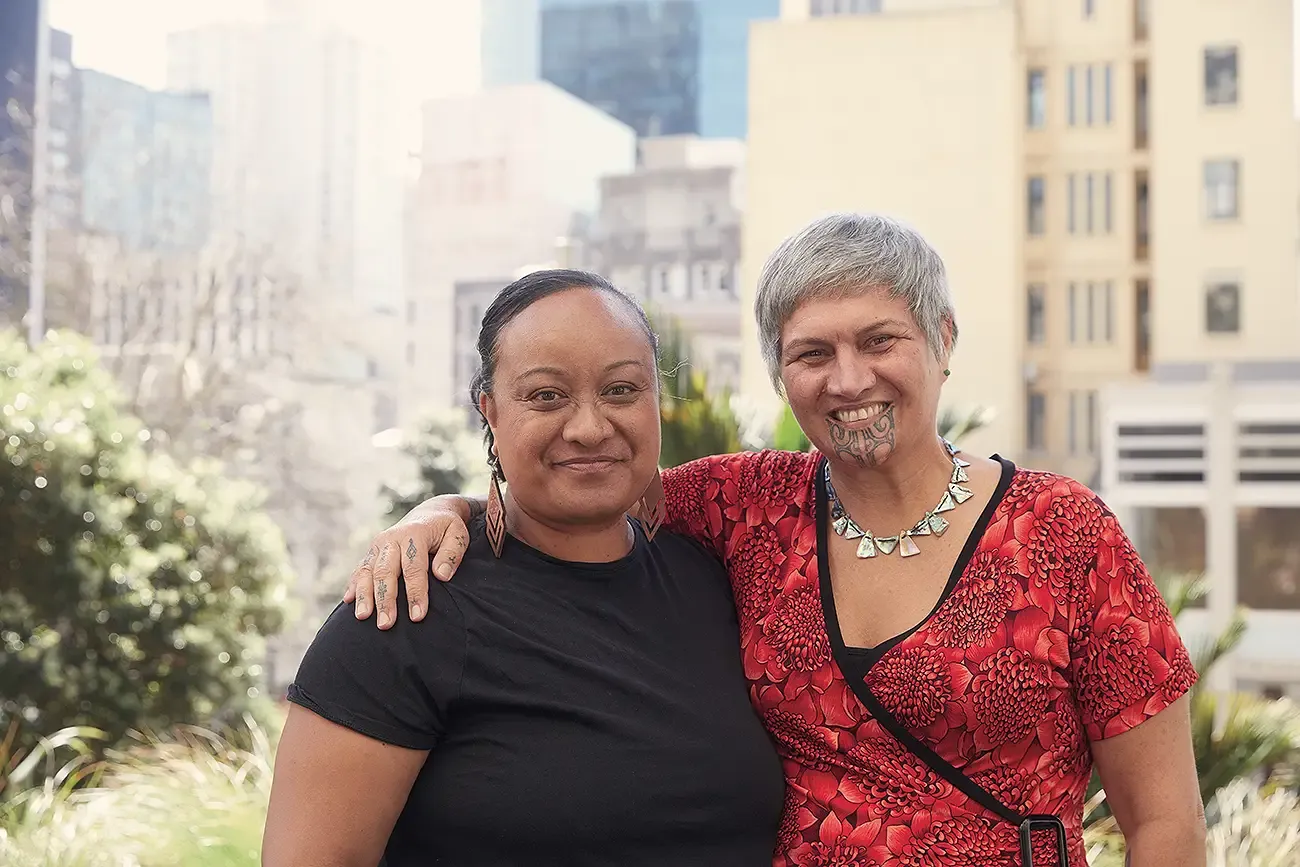
For Roimata Taniwha-Paoo (left) and Huia Hanlen, Brainwave’s mahi is all about empowering whānau.
Mahi with impact
From group sessions to educate families on the importance of a child’s early years to advocating for change in housing and education policies, Brainwave Trust works at both grassroots and government level.
Wearing many hats and juggling multiple projects is all part of the job for the Brainwave team, but the goal is always the same: to support whānau to create the best environment to raise their tamariki.
A core aspect of the charity’s extensive mahi is the interactive wānanga with families, which position a range of scientific research and indigenous wisdom alongside each other.
On the surface, the two concepts seem vastly different. But combined, they make a powerful conduit for deeper kōrero and understanding.
“Way back in a previous life, I used to be a builder,” says Huia. “And my view is that, if you are building a house and you only use a hammer, you’re only going to be able to get so far. We take exactly the same view with knowledge sources.
“The science is always evidence-based, and while indigenous knowledge may not be published, if it’s in whakapapa, if it’s in pūrākau, if it’s in whakairo [carvings and sculptures], it’s evidence. Both bodies of knowledge stand on their own with their own mana.”
Mātauranga Māori and Innovation Lead Roimata Taniwha-Paoo says the workshops are about finding new and meaningful ways to connect with whānau.
“We want to move away from a traditional teaching approach where you sit down, I tell you stuff and then I take off. We’re more focused on what are some things that we can really delve into? “As one example, the concept of serve and return from Harvard isn’t well understood, so we start with an indigenous lens about engaging with our pēpi.”
From a scientific viewpoint, Harvard University’s ‘serve and return’ studies refer to findings that show that, when adults respond to a baby’s babbles and gestures, this promotes new neural pathways in an infant’s rapidly developing brain.
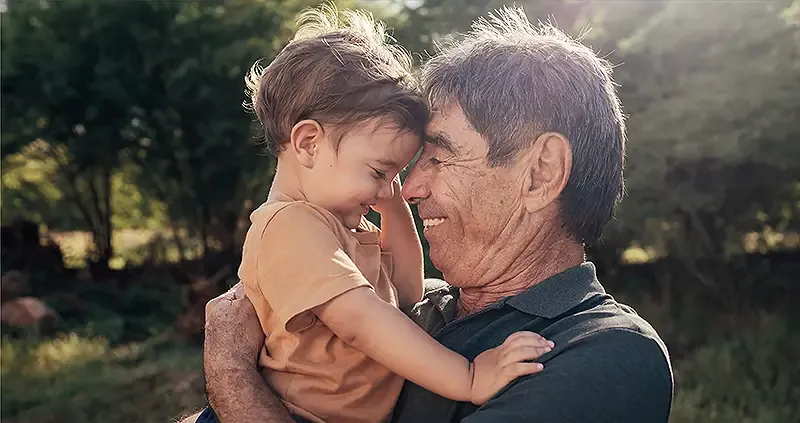
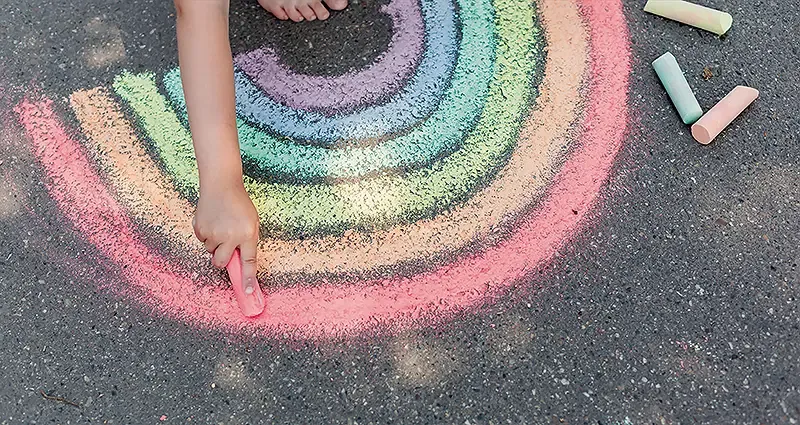
“We’re not just talking about translating some Harvard material – We’re working with the fact that our tūpuna were brain scientists too, they were doing this from way back,” says Roimata. “So it’s thinking about what does brain science and mātauranga Māori look like? And how can we talk with whānau about it?
“Scientific evidence is a part of that, but it’s not so much quantifying science but elevating indigenous practice to a level that says science should not be the only method we look at.”
Connecting through stories
As part of the wānanga, families are encouraged to share parenting stories, pearls of knowledge passed down from elders and experiences from their own tūpuna as parents. Whānau delve into the concepts and teachings that hold meaning for them, and stories are recorded as art pieces to talk through with their own children.
“We call this he hīkoi mahara – this process of surfacing the stories that lie embedded in the memory and capturing those stories,” says Roimata. “Within that, we’re looking at things like mana, tapu, whakapapa, mauri. Then it’s about what do those concepts mean for us in this context? How does your whānau practise them?”
Roimata says the response from families show the wānanga are striking a chord. “One piece of feedback said, ‘I’m in constant learning as a parent, and now I know I’m good. It’s reassuring to know I’m doing the best that I can.’ Another person wrote, ‘I used to think I was just what the news [media] told me; now I know I’m not. I don’t think that any more.’ These sorts of responses are really common.”
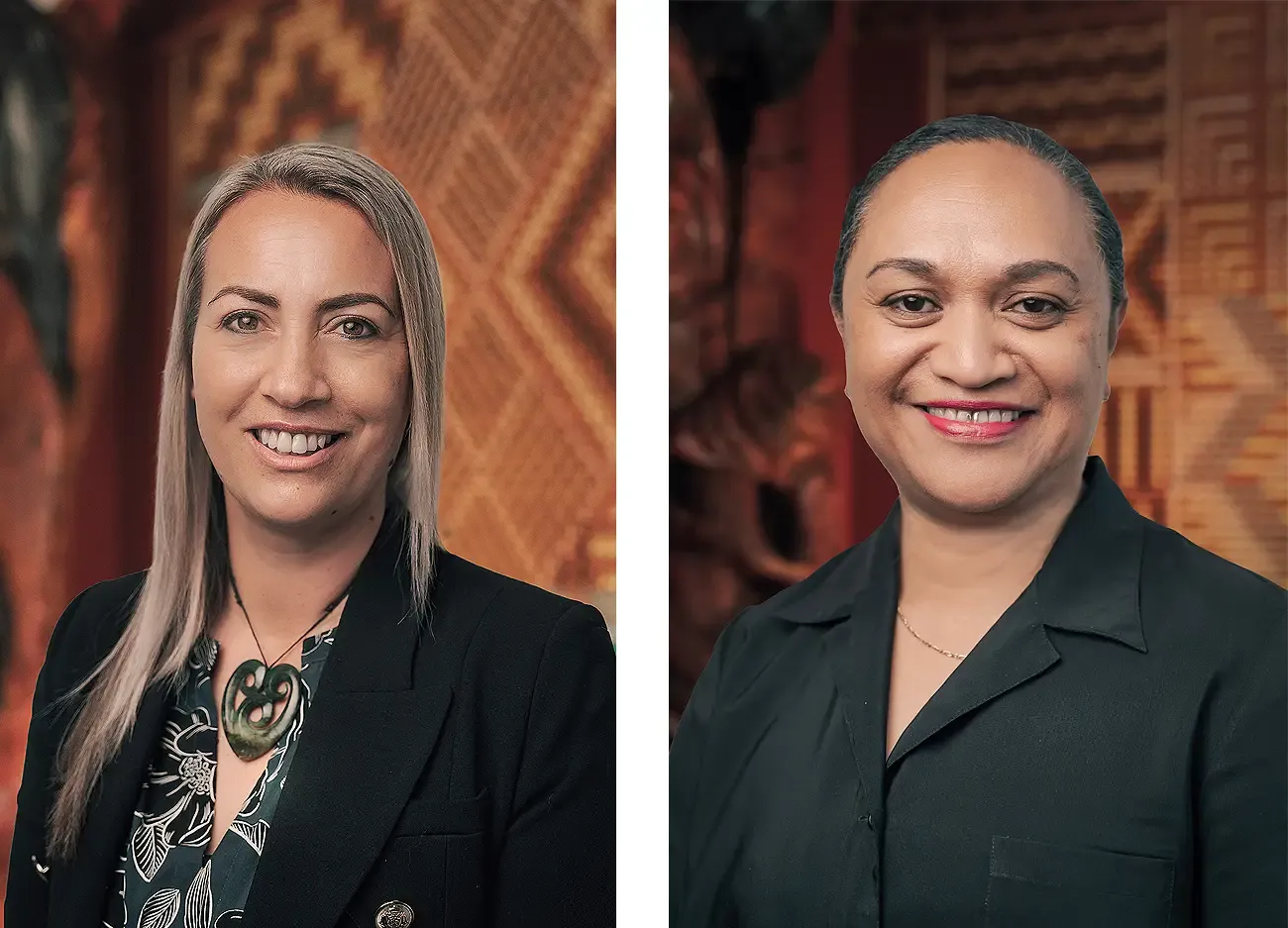
Co-Heads of Foundation (left to right) Dr Julie Wharewera-Mika and Mafi Funaki-Tahifote.
The Brainwave Trust is proudly backed by the MAS Foundation
Head of Foundation Dr Julie Wharewera-Mika says, “The mahi and approach of Brainwave Trust exemplifies the values of MAS Foundation and aligns strongly with our pro-Tiriti pro-equity priority areas”.
“As a Pacific mother myself, it is exciting that Brainwave Trust is providing further opportunity for our Pacific stories to surface which aligns with our MAS Foundation values” says Head of Foundation Mafi Funaki-Tahifote.
Looking to the future, a new group of kaiako are currently in training to run the seminars with Pacific families. Supported by MAS, the new teachers will use similar methods to encourage talanoa (conversations) and learning in ways that resonate with a broad range of Pacific cultures.
“The work won’t be exactly the same, but when you peel away the layers of colonisation, we have so much in common with all of our cousins throughout the Pacific,” says Huia.
“What’s really exciting is that the dial has shifted beyond this material simply being translated into other languages, and it’s now about looking at indigeneity in practice. We want things that will make a real difference for people, and collectively, we can support change and innovation.”
Know someone who might enjoy this?
Read this next
-
August 2023
Ringa raupā supporting their communities
-
August 2023
Raising Pacific voices
Greater good
See all-
March 2021
Candles for a cause
-
March 2021
Helping Kiwi babies thrive
-
March 2021
Creating a Deaf-inclusive Aotearoa
